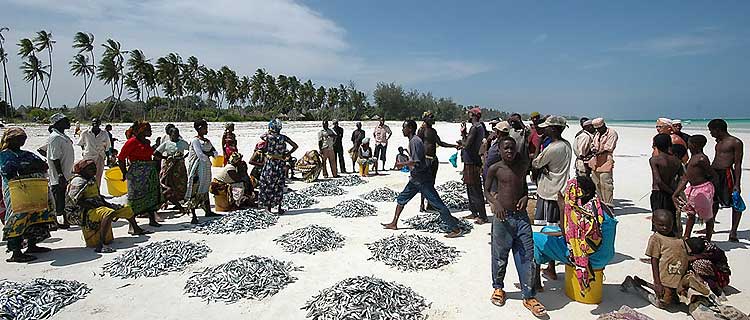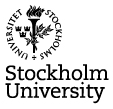
Inclusive Wealth Report: Transition to sustainability
Seminar with Prof. Anantha Duraiappah, 2 October 2012
There has been much debate on the declining natural systems and the implications this will have on human well-being. We make a strong case in contradiction to recent literature from the natural sciences that humanity's life support systems include not just the natural systems but also the social and economic systems.
The first IWR 2012 focuses on Natural capital and presents the Inclusive Wealth for 20 countries over a period of 19 years. Preliminary results suggest that most countries have positive Inclusive wealth rate changes (a non-declining productive base) but also show declining rates of natural capital calling into question the sustainability of the productive base.
About Professor Duraiappah
Prof. Anantha Duraiappah is the Executive Director of the International Human Dimensions Programme on Global Environmental Change (IHDP) in Bonn, Germany. Prof. Duraiappah is an experienced environmental-development economist, whose work largely focuses on the equity of access and use of ecosystem services.
In his previous post as Chief of the Ecosystem Services and Economics Unit of the United Nations Environmental Programme (UNEP) he helped to initiate the Intergovernmental Science Policy Platform for Biodiversity and Ecosystem Services (IPBES) and has since then played a pivotal role in its recent approval. He additionally serves on the scientific committee of DIVERSITAS one of the Earth System Science Partnership (ESSP) partners. He has authored two books on environment and international aid and development, as well as articles in several internationally recognized journals.
Prof. Duraiappah continues to successfully incorporate his expertise in science-policy interaction, economics, development and ecosystem services into his work at IHDP.
Time and place
Linné Hall, the Royal Swedish Academy of Sciences, Lilla Frescativägen 4, Stockholm
Vacancies | Contact | Environmental policy | Cookies
Stockholm Resilience Centre
Stockholm University, Kräftriket 2B | Phone: +46 8 674 70 70 | info@stockholmresilience.su.se
Organisation number: 202100-3062 | VAT No: SE202100306201


